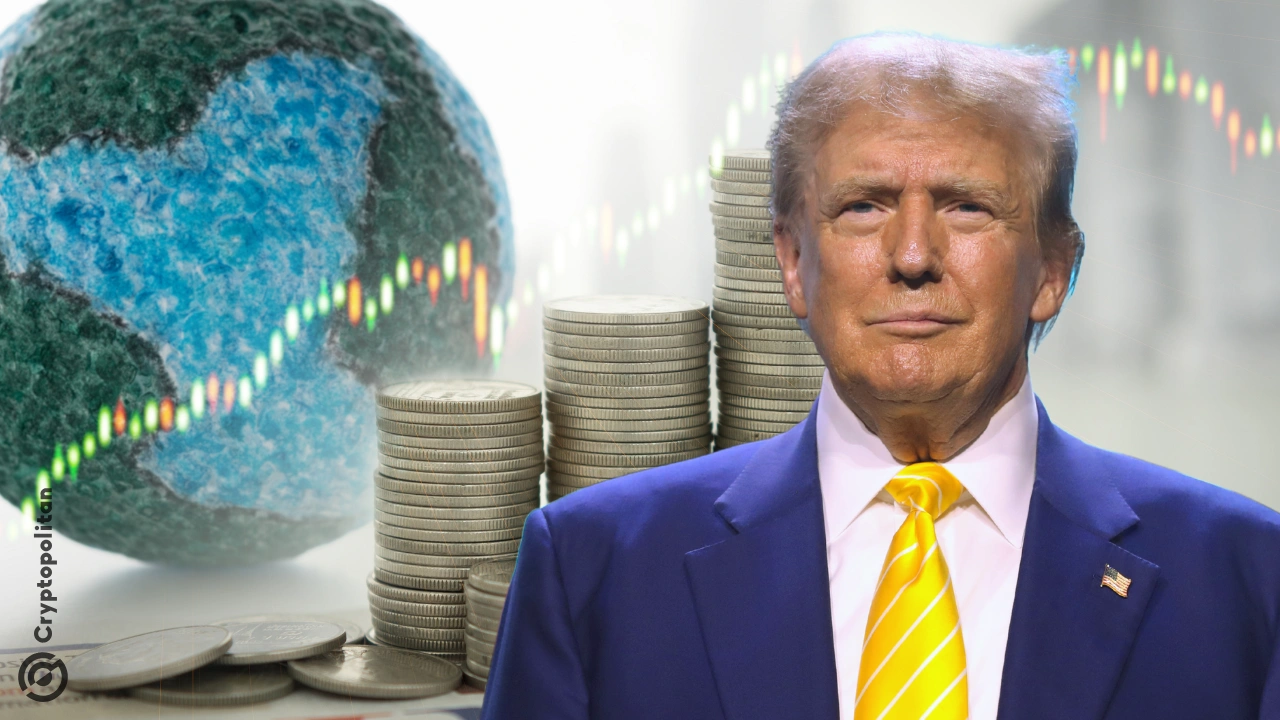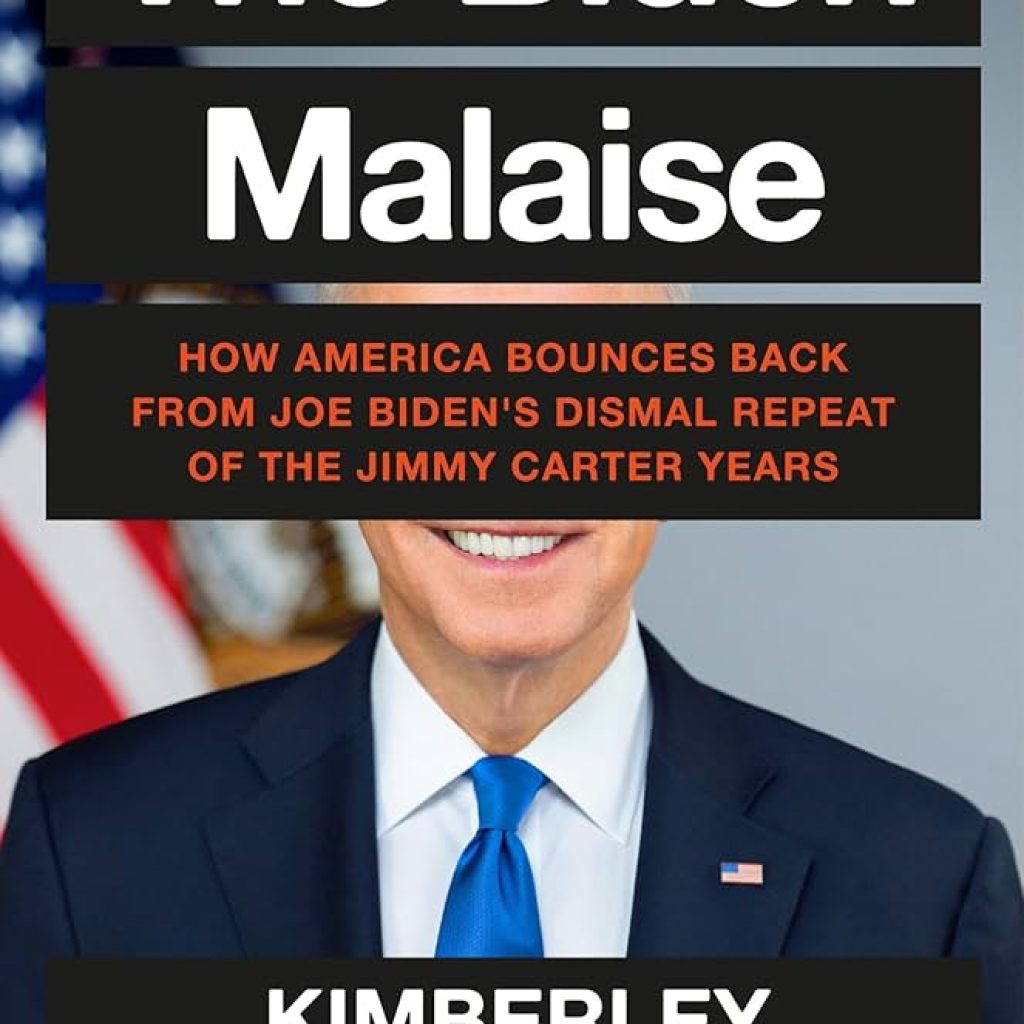Donald Trump is set to assume presidential duties on January 20. Economists expect the fragile geopolitical relationship between the US and China, managed under Joe Biden’s leadership, to crumble further. The president-elect’s second term could mark the start of an economic cold war: a sharp decoupling of the world’s two largest economies. Will he prevail? Probably not so much.
President Biden spent his tenure attempting to bolster a multifaceted approach to economic statecraft. He seemingly built a concept integrating economic, technological, and military tools to counter China.
This “economic security state” was inspired by cold war strategies against the once “highly ranked” American competitor, the Soviet Union. However, in the modern age, where wars aren’t fought through guns and bombs, the US is facing challenges due to poor coordination and conflicting political priorities.
China’s economy is tough to battle
Unlike the Soviet Union, which the US could isolate through trade embargoes, China’s integration into global supply chains makes such a strategy impractical. The Asian country controls critical industries, such as minerals and high-tech manufacturing. It’s no question why Trump sees the country as a formidable rival.
The US’s fragmented governance, particularly between departments like the Treasury’s Office of Foreign Assets Control (OFAC) and the Bureau of Industry and Security, will complicate the president-elect’s efforts to enforce his “stringent” policies on foreign countries.
Trump’s plans for sweeping economic measures include imposing 10% tariffs on all imports and 60% tariffs on Chinese goods. While these actions align with his “America First” agenda, they could destabilize global markets and hurt Asian exporters, including key US trading partners such as Vietnam, Japan, South Korea, and India.
The broad application of these tariffs risks creating more economic turbulence than targeted measures like financial sanctions.
Experts remain uncertain about the specifics of Trump’s tariff policies. Magnus, an economic analyst, notes, “It’s hard to know how he’s going to apply them, at what levels, and in relation to what.”
Regardless, the overarching impact is clear: tariffs will reshape US-China trade and ripple across global markets.
China’s economic woes continue
China’s economy enters 2025 with hurdles and mountains to climb, including a prolonged property market crisis, high local government debt, and weak consumer spending.
Industrial production rose slightly in November 2024, but retail sales growth remained lackluster. The Central Economic Work Conference in December 2024 reaffirmed China’s growth target of 5%, but analysts remain skeptical.
Rather than addressing structural issues, Beijing has doubled down on optimistic projections, leaving fundamental problems unresolved.
The US might have the upper hand with this, as Xi Jinping’s focus on domestic stability and military reforms limits his ability to counter economic reforms in the US.
Limits of US economic statecraft
The US economic security state rides on implementing sanctions on countries that do not “fall in line.” However, the weight of these financial sanctions relies on the strength of the dollar.
If China, Russia, India, and other BRICS nations bypass dollar-based trade systems in favor of alternative currencies, then US sanctions will count for naught.
Moreover, Trump’s strategies, including threats of military coercion and potential shifts toward cryptocurrency-friendly policies, could undermine the US’s global standing. His admiration for figures like Elon Musk, who advocates for closer ties with China, further complicates the coherence of his economic policies.
A cold war is not good for anyone
From where the world stands, neither China nor the US wants a full-blown crisis. Xi Jinping faces domestic instability and military challenges, while Trump seeks to avoid economic disruptions that could harm his presidency.
A unified Republican government makes Trump better positioned than Biden to push a singular agenda. That said, his approach, marked by erratic and spontaneous decisions, raises concerns about the long-term consequences.
As reported by the BBC, Xi Jinping’s recent meeting with Joe Biden at the APEC summit echoed the importance of stable US-China relations. Xi’s remarks that “a new Cold War should not be fought and cannot be won” reflect Beijing’s desire to avoid direct confrontation.
However, Trump’s proposed aggressive tariffs and a push to decouple supply chains will more than likely escalate cold-war tensions.
Will Trump win the economic war?
Many see Trump’s return to the Oval Office as a bad thing for China and Russia. His willingness to challenge China on every front, including AI and crypto, aligns with US efforts to maintain global dominance.
However, his methods are often impulsive, and they could weaken the country’s position in the global trading system. Broad tariffs and overuse of economic sanctions may marginalize the US rather than strengthen its influence.
While Beijing could benefit from Trump’s inconsistent approach, the risk of intensified trade wars and economic decoupling is not really an afterthought. Xi Jinping’s pledge to work with Trump could be from a point of fear, but it remains to be seen if the US President-elect will shake Jingping’s supportive hand.
A Step-By-Step System To Launching Your Web3 Career and Landing High-Paying Crypto Jobs in 90 Days.





